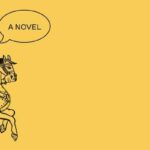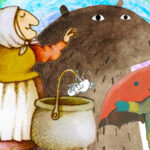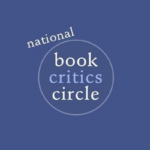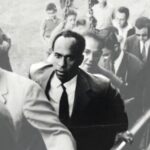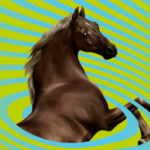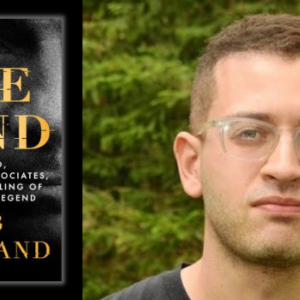Ziwe on Not Sharing Too Much, But Sharing Enough
This Week on the Talk Easy Podcast with Sam Fragoso
Illustration by Krishna Bala Shenoi.
Talk Easy with Sam Fragoso is a weekly series of intimate conversations with artists, authors, and politicians. It’s a podcast where people sound like people. New episodes air every Sunday, distributed by Pushkin Industries.
*
Writer and comedian Ziwe has made a career out of conducting charged and satirical interviews. She joins us this week to discuss her debut essay collection, Black Friend, the backstory behind her essay WikiFeet, her early affinity for broadcast news, the influence of satirists Jonathan Swift and Stephen Colbert, and her early, formative experiences working in comedy.
On the back-half, Ziwe reflects on the making of her YouTube series Baited, a memorable episode with Aparna Nancherla, her pandemic pivot to IG Live, and the Showtime variety show that followed. To close, a philosophy on art-making from Ira Glass and what Ziwe hopes for in her next chapter.
Subscribe and download the episode, wherever you get your podcasts!
From the episode:
Sam Fragoso: When you recorded the audiobook for your new book, Black Friend, how did it feel reading passages that are deeply vulnerable, that you have already lived and worked hard to put into an essay?
Ziwe: Reliving is not challenging to me; writing is challenging to me. I’m a professional writer. I’ve been a professional writer forever.
SF: Since age five.
ZF: Well, I wasn’t getting paid at age five.
SF: You should have been!
ZF: [Laughs] I should have been, but I probably got paid for my first joke when I was twenty or twenty-one. So, I’ve been writing for a minute. When I was reading my audiobook, I was still editing it. As I was reading it aloud, I thought, “wait a second, this sentence should move like this— oh, this is wrong.” So, there was a constant critique of this being my work. At some point when I was recording, I just put AirPods into my ears, and I listened to classical music by Jonny Greenwood, the Phantom Thread score.
SF: House of Woodcock?
ZF: Yeah, House of Woodcock. I love that song. I would listen to that as I was reading, so I could relax and appreciate the journey of it.
SF: The push-and-pull between wanting to write these essays, but not wanting to share too much, but feeling like you ought to share more than you previously had— how did you hold that, with the upbringing you had that valued privacy?
ZF: It was quite difficult. Ultimately, I worked through it. Some essays are completely cut from the book because I didn’t want to share those facets of my identity, and there are other essays that I really pushed forward because I wanted to share more. “WikiFeet” is one of the first essays that I completed for the book, and it was about my feet score being really terrible on wikifeet.com, being rated “okay.” Over the course of three years, I started to unpack why I felt so self-conscious about that rating. That’s an essay, particularly, that went from being funny and not vulnerable at all — a straight joke, super satirical — to an examination of what it means to be a public woman. So, re-writing and writing are my process, and I held that by going into essays thinking, “Do I enjoy this essay? Is it good? Is it worth publishing? Will people appreciate it? Do I appreciate it?” and then interrogating that at every turn.
__________________
Ziwe is a comedian, writer, and actor. She was the executive producer and star of the eponymous late-night variety show ZIWE on Showtime. She has also written for Desus & Mero, Dickinson, and Our Cartoon President. She lives in New York City.
Sam Fragoso is the host of Talk Easy with Sam Fragoso, a weekly series of conversations with artists, activists, and politicians. His writing has appeared in The Atlantic, Vanity Fair, and NPR. After conducting seminal interviews with icons like Spike Lee, Werner Herzog, and Noam Chomsky, he independently founded Talk Easy in 2016.



